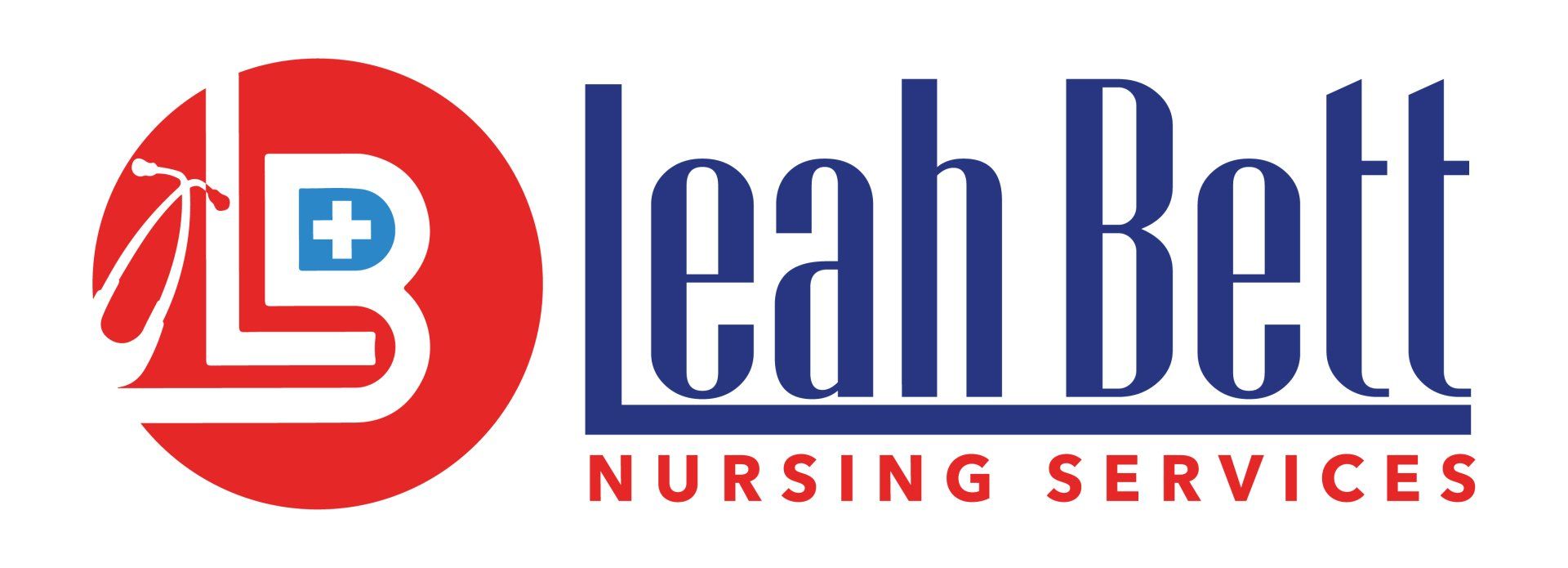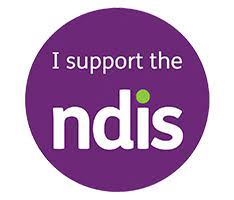In-Home Medication Management NDIS Support Guide
Managing medications at home can be challenging for many individuals with disabilities. The NDIS provides crucial support in this area, ensuring participants receive proper medication management assistance while living independently.
This comprehensive guide explores everything you need to know about medication management NDIS services, and how they can enhance safety, independence, and quality of life.
Medication Management within NDIS
Medication management NDIS support refers to the assistance provided to NDIS participants in safely handling their prescribed medications. This support recognises that proper medication administration is essential for maintaining health and wellbeing for many people with disabilities.
The NDIS framework emphasises person-centred care, ensuring participants have choice and control over their medication management while receiving appropriate support based on their individual needs. This approach aligns with Australia's commitment to Quality Use of Medicines (QUM) principles in community settings.
Key Principles of Medication Management NDIS Support
1. Person-Centred Care
At the heart of medication management NDIS support is person-centred care. This means respecting participants' preferences, providing emotional support, ensuring physical comfort, and facilitating clear communication about medications. NDIS participants have the right to be active partners in their medication management to whatever extent they choose.
Service providers delivering medication management NDIS support must recognise and honour this principle by involving participants in decision-making and respecting their autonomy.
2. Clear Communication About Medicines
Effective medication management NDIS support requires clear communication that considers health literacy levels. All discussions about medications should be collaborative, facilitating shared decision-making and supporting self-determination for participants.
NDIS providers should use plain language when explaining medication details and ensure participants fully understand their treatment plans.
3. Governance and Risk Management
NDIS providers offering medication management services must implement robust governance and risk management processes. This involves healthcare professionals, care workers, and service providers working together with participants and their carers to prevent and manage risks associated with medication use.
Proper medication management NDIS support includes protocols for handling medication incidents and adverse reactions, always ensuring participant safety.
4. Access to Information Resources
Both NDIS support workers and participants should have access to current, evidence-based medication information. For participants and their families, this information should be in plain language and come from reliable sources.
Quality medication management NDIS providers ensure that accessible information about medications is readily available to all stakeholders.
5. Supporting Self-Administration
A key goal of medication management NDIS support is to maintain participant independence wherever possible. Participants are encouraged to self-administer medications when appropriate, with NDIS providers offering the necessary support to ensure this happens safely and effectively.
Support workers receive training to assess a participant's ability to self-administer and provide appropriate assistance when needed.
6. Using Dose Administration Aids
Dose administration aids (DAAs) are valuable tools within medication management NDIS support. These aids help participants remain independent while reducing administration errors. However, they should only be used after a proper assessment identifies specific challenges in medication management.
NDIS providers can arrange for pharmacists to prepare DAAs and teach participants how to use them effectively.
7. Administration Support in the Community
For NDIS participants living at home, medication management support ensures they receive suitable information and assistance to take medications safely. This might involve:
- Reminders to take medications
- Physical assistance with opening containers
- Support with measuring liquid medications
- Monitoring for side effects
The level of medication management NDIS support varies according to individual participant needs and capabilities.
8. Maintaining Medicine Lists
Every NDIS participant taking medications should maintain an up-to-date list of all their medicines. Medication management NDIS support can include helping participants create and update these lists, ensuring they're accessible to everyone involved in their care.
These lists become especially important during healthcare appointments or emergencies, providing critical information to medical professionals.
9. Regular Medication Reviews
NDIS participants have the right to regular medication reviews with healthcare professionals. Medication management NDIS support can include coordinating these reviews and implementing any changes to medication regimens that result from them.
Regular reviews help ensure medications remain effective and appropriate as participants' health conditions and needs evolve.
10. Managing Oral Dose Forms
When participants have difficulty swallowing medications, medication management NDIS support includes finding appropriate solutions. This may involve seeking alternative formulations rather than crushing tablets, which can alter medication efficacy.
NDIS providers work with healthcare professionals to find safe alternatives for participants with swallowing difficulties.
11. Proper Storage and Disposal
Safe medication management NDIS support includes guidance on proper storage and disposal of medications. This ensures medicines maintain their quality, minimises wastage, and protects participants and others from accidental harm.
Support workers can help establish safe storage systems and arrange for environmentally appropriate disposal of unwanted medications.
12. Authorisation for Medication Initiation
Medication management NDIS support respects legal requirements regarding who can initiate medications. NDIS providers develop clear policies about prescription and non-prescription medicines per state and territory legislation.
Roles and Responsibilities in Medication Management NDIS Support
Medication management involves various stakeholders, each with specific roles:
| Role | Responsibilities |
|---|---|
| Prescribers | Authorise medications (doctors, dentists, nurse practitioners) |
| Registered Nurses | Legally authorised to administer medicines |
| Enrolled Nurses | Work under a registered nurse's supervision |
| Support Workers | Perform medication-related tasks according to state/territory legislation and organisational policies |
| Participants and Carers | Have both rights and responsibilities as outlined in the Australian Charter of Healthcare Rights |
Effective medication management NDIS support requires collaboration among all these stakeholders, with clear communication channels and defined responsibilities.
Looking for Expert In-Home Medication Management NDIS Support?
Leah Bett Nursing Services is a dedicated NDIS provider specialising in professional nursing care and support services for people with disabilities. Our team of experienced registered nurses and support workers is passionate about delivering person-centred medication management and comprehensive healthcare assistance that empowers our clients to live independently and confidently in their homes.
Contact us today to learn more about how we can support you or your loved ones with their medication management needs.





